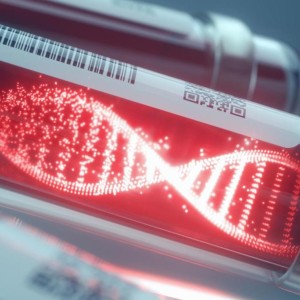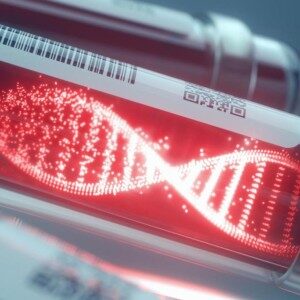
When Can Judges Request DNA Testing In Divorce Cases Involving Adultery Allegations?

The DNA test of a minor child cannot be routinely ordered in matrimonial disputes involving allegations of infidelity, according to the Supreme Court. The court made it clear that such DNA tests could harm the child’s right to privacy and cause trauma.
Merely because either of the parties has disputed a factum of paternity, it does not mean that the court should direct a DNA test or other such test to resolve the controversy, a bench of Justices V Ramasubramanian and BV Nagarathna stated in a detailed order issued on Monday. It is necessary to instruct the parties to present evidence to support or refute the factum of paternity.
It is a child’s right not to have their legitimacy questioned in a Court of Law in a frivolous manner. The right to privacy includes this as an essential characteristic. As a result, even when children are not involved in the divorce process, courts must acknowledge that they will not be subjected to forensic or DNA testing and will not be considered material objects. The 72-page order states, It is essential that children do not become the focus of the conflict between spouses.
The woman’s appeal against the Bombay High Court’s decision to uphold the family court’s directive that one of her two children undergo a DNA test was granted by the bench. The woman’s husband had requested a paternity test in a divorce proceeding before the family court, claiming that she was having an affair with another man.
A child experiences mental trauma when they do not know who their father is. The bench stated, One can imagine what greater trauma and stress would impact a young mind after coming to know the identity of the biological father.
A parent may decide not to give their child a DNA test if it is in the child’s best interest. Requiring a person to disclose, in the course of proceedings in rem, the medical procedures resorted to in order to conceive is also, antithetical to the fundamentals of the right to privacy, the bench added.
A husband is strongly presumed to be the father of a child born to his wife under the Indian legal spectrum. As a result, there is a strong presumption regarding a child’s paternity. This assumption cannot be disproved without evidence that the husband does not play a procreative role, such as demonstrating that the husband and wife did not have access to one another at the time of possible conception. The bench stated that it was unable to accept that a DNA test would be the only way in which the truth of the matter can be established because the husband has categorically claimed that he is in possession of call recordings, transcripts, and other materials that may be summoned in accordance with the law to prove the infidelity of the woman. In the absence of proof of non-access, the law considers the husband’s paternity to be conclusively established if they cohabited when the child.
The Essential Questions Is – IS DNA TESTING ACCURATE AND RELIABLE
DNA testing is generally considered to be highly accurate and reliable, but its authenticity depends on the quality of the testing process and the interpretation of the results.
When DNA testing is performed by a reputable laboratory using reliable methods, it can produce highly accurate and precise results. The accuracy of the test also depends on the quality and quantity of the DNA sample used for testing. If the DNA sample is contaminated or degraded, or if there is not enough DNA present in the sample, the test results may be less reliable.
However, it’s important to note that DNA testing can only reveal information that is contained in the DNA sample being tested. It cannot determine factors such as environmental influences, upbringing, or personal choice, which can also play a role in shaping a person’s traits and characteristics.
In addition, the interpretation of DNA test results can be complex and may require expert analysis. For example, different DNA testing methods may produce different results, and the meaning of those results may depend on the context in which they are being used.
Overall, DNA testing can provide valuable information in a wide range of applications, including forensic investigations, medical diagnoses, and genealogical research. However, it’s important to choose a reputable laboratory and to understand the limitations and potential sources of error associated with DNA testing.








